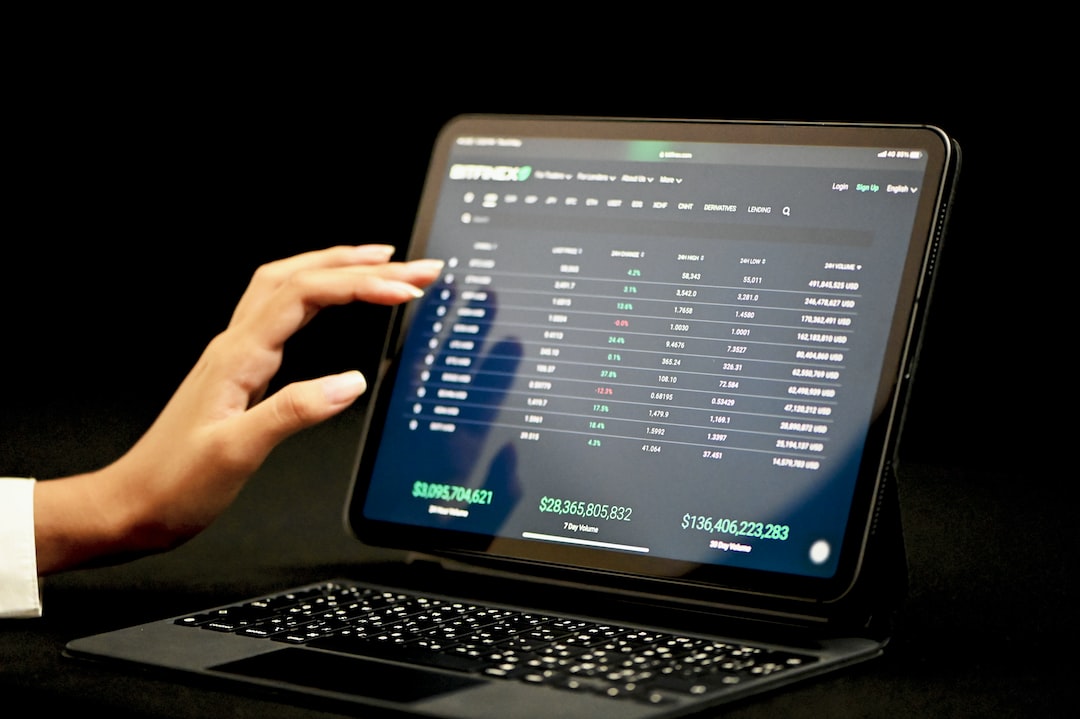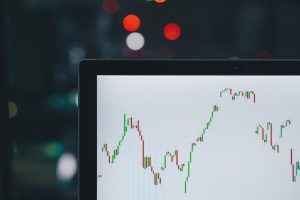The retail forex market has grown significantly over the past few decades, with more and more individuals looking to get involved in currency trading. According to recent estimates, there are currently around 15 million retail forex traders worldwide. However, this number is difficult to estimate accurately, and there is no central database or authority that tracks the number of traders.
Retail forex trading involves buying and selling currencies through online platforms or forex brokers. Unlike institutional traders or banks, retail traders typically operate with smaller amounts of capital and are often self-directed rather than managed by a professional team. They use leverage to increase their buying power and make profits by speculating on the direction of currency prices.
The retail forex market has become increasingly accessible in recent years, with the rise of online trading platforms and the ease of opening trading accounts. This has led to a surge in the number of retail traders, particularly in emerging markets such as Asia and Latin America.
According to a survey conducted by the Bank for International Settlements (BIS) in 2019, retail forex trading accounts for around 5% of the global forex market turnover. This indicates that while retail traders make up a significant portion of the market, they are still a relatively small player compared to institutional investors and banks.
The BIS survey also found that the majority of retail forex traders are based in Asia, with China and Japan being the largest markets. Retail trading is also popular in Europe and North America, with the UK and the US being significant markets.
One of the reasons why retail forex trading has become so popular is the potential for high returns. With leverage, traders can increase their buying power and potentially make significant profits from small price movements. However, this also comes with a high level of risk, as leverage can also magnify losses.
Another factor that has contributed to the growth of the retail forex market is the availability of educational resources and tools. Many brokers offer free training material, webinars, and demo accounts to help traders learn the basics of forex trading and practice their strategies without risking real money.
However, the retail forex market is also subject to a range of risks, including fraud, unregulated brokers, and market volatility. Retail traders must be cautious when choosing a broker and do their research to ensure that they are trading with a reputable and regulated provider.
In conclusion, while it is difficult to estimate the exact number of retail forex traders, it is clear that the market has grown significantly over the past few decades. With the rise of online trading platforms and the availability of educational resources, more and more individuals are looking to get involved in currency trading. However, traders must be aware of the risks involved and take steps to protect themselves from fraud and market volatility.





